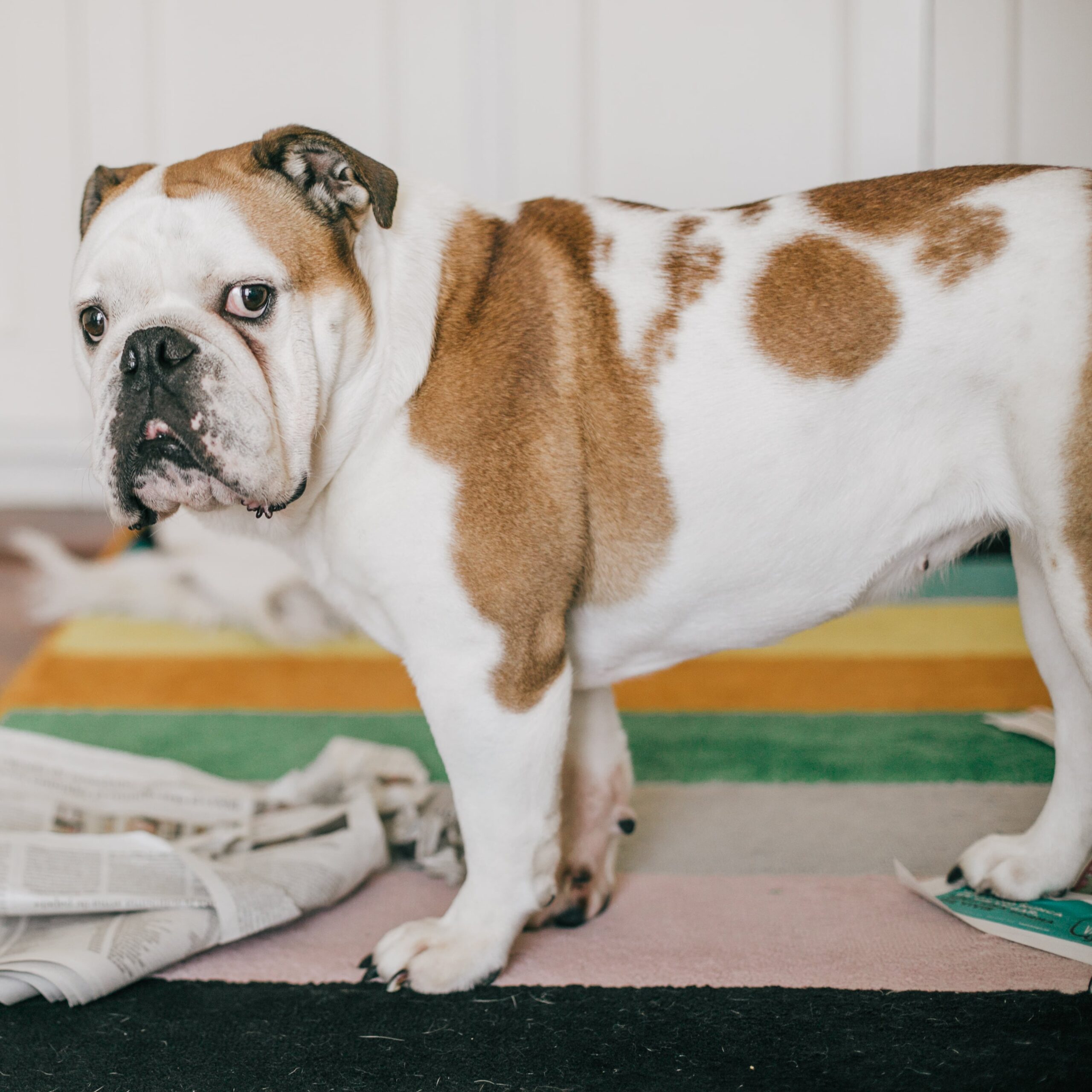
- POPSUGAR Australia
- Family
- Hate Your Dog After Having a Baby? Here’s What to Do, According to Experts
Hate Your Dog After Having a Baby? Here’s What to Do, According to Experts

While there are many joys that come with having a baby, for some new parents, having a dog is not one of them. “If you disliked your pets after having a baby, when did you start to like them again?” wrote one Reddit user in a recent thread. In a different thread, another user asked, “Hate my dog after birth?? Is this normal??”
Unfortunately, it’s not uncommon for new parents to experience a shift in their relationship with their pets post-baby, Mark McCalla, a licensed veterinarian and owner of Alpine Dog Co., confirms. But having a child can be a difficult transition for everyone, including the pet owner and pet. For that reason, it’s important for parents to navigate these new changes with empathy and grace.
To help provide some clarity as to why you may feel more annoyed or frustrated with your dog after having a baby and what you can do to combat these feelings, Dr. McCalla and other experts weigh in.
Related: Is Free-Range Parenting For You? Experts Assess the Relaxed Approach
Why Do I Hate My Dog After Having a Baby?
It’s possible you feel more frustrated with your dog after having a baby because they started exhibiting bad behavior. But pets are very sensitive to changes in the household, says veterinarian Kathryn Dench, chief veterinary advisor at Paw Origins. Jessica Freedman, a dog trainer at Sublime K9 Dog Training, adds that many new parents don’t realize the adjustment period necessary for pets to acclimate to kids. “[New parents] think the dog will just willingly accept the new crying human without any type of behavior change,” which unfortunately isn’t always the case.
For that reason, when a baby is brought home, a pet may “act out due to less attention, disrupted routines, or jealousy,” Dr. Dench explains. “This can manifest as behavioral issues, such as excessive barking, chewing, or even accidents inside the house,” which could, of course, unleash some mom rage.
It’s also possible that you simply feel more irritable. Most new parents are focusing their energy on their baby, which often leaves them more anxious, tired, and busy. When a parent is already feeling tired or stressed, it’s harder for them to have patience or give their pet the attention they want.
Fortunately, acknowledging you may be feeling this way is a good sign. “Recognizing these feelings as a normal part of the transition can be the first step toward resolution,” Dr. McCalla confirms. And there are some specific solutions to combat these feelings.
What You Can Do If You Hate Your Dog After Having a Baby
Get back into a routine. “Maintaining a structured routine for your dog can provide security and help mitigate feelings of neglect [your pet] might experience. Simple adjustments to walking schedules or playtime, possibly before the baby wakes or during nap times, can make a significant difference,” Dr. McCalla suggests. In other words, try to maintain a consistent routine for your dog. “Dogs thrive on predictability, and keeping their feeding, walking, and playtimes regular can help mitigate anxiety-induced behaviors,” Dr. Dench adds.
“In the same way you have to adjust to your new life, so does your pup.”
Spend some quality time together. Even if it’s not for a long time, playing fetch, cuddling, or taking your furry friend on a car ride could be all they need to feel reassured. “Quality time can significantly help in reassuring your dog of their place in your family and reducing feelings of neglect or jealousy,” Dr. Dench says.
Encourage safe interactions with your pet and child. Start by introducing your pet to the new baby with short and supervised interactions, Dr. Dench recommends. “This helps in building a positive association and comfort level between your pet and the baby, laying the foundation for a strong bond.” It’s also important to give positive reinforcement when your dog behaves calmly around the baby, says Dr. McCalla. You can do this by verbally saying “good boy (or girl)” or giving your dog a treat.
Hire a dog trainer. “They can offer tailored strategies to manage specific issues and improve the overall dynamic between your pet and the new baby,” Dr. Dench says. While Freedman says it’s best if families reach out for training before having the baby, there are still options for those looking for help and guidance afterward.
Bottom line: we get it. Raising a child while your dog is acting out is not a task built for the weak. But in the same way you have to adjust to your new life, so does your pup. By implementing these strategies into your day-to-day routine, you (and your dog) will feel better in no time.

